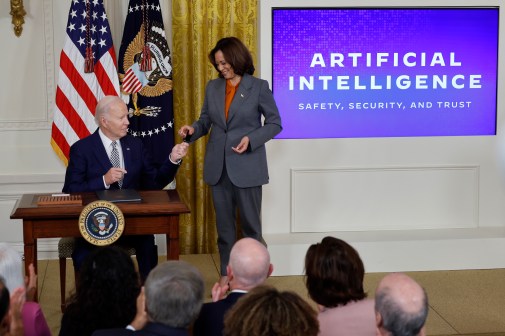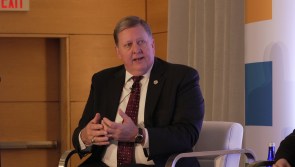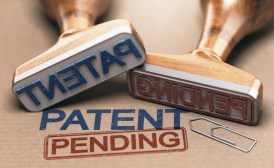Aging IT threatens innovation at Copyright Office
The Copyright Office’s aging information technology systems are in dire need of an update, a representative from the software and digital content industries told House lawmakers Thursday.
“The office needs a more advanced IT infrastructure that is specifically dedicated to the office and can better support the needs of its users,” Keith Kupferschmid, Software & Information Industry Association’s general counsel and senior vice president of intellectual property, testified at a House Judiciary Committee hearing.
While the Copyright Office does deal with intellectual property, it doesn’t fall under the purview of the U.S. Patent and Trademark Office. Instead, it lies within the Library of Congress and must use its IT systems, Kupferschmid said. His association’s recent report on reforming the Copyright Office characterized the LOC system as “antiquated and intended for a very different purpose than the IT systems needed by the Copyright Office.”
Lisa Dunner, a partner at Dunner Law PLLC who testified on behalf of the American Bar Association, agreed. She said minor changes to online forms can take months and the system lacks adequate security. She also said during the government shutdown in 2012, the Library of Congress’ IT department took the office’s website offline.
“It took the registrar of copyrights days to get restored,” she said. “This is unacceptable for a copyright office that serves a vital segment of the U.S. economy.”
The Library of Congress was unable to provide a response to the hearing by press time, though a spokeswoman directed FedScoop to a news advisory issued Oct. 1, 2012, and updated two days later that said Copyright.gov was available.
Kupferschmid encouraged Congress to authorize a study to determine the best long-term solution for the office. Referencing his group’s report on the Copyright Office, Kupferschmid listed three possible long-term solutions: giving the office more autonomy within the Library of Congress, making it an independent agency, or placing it within the Patent and Trademark Office.
“The one option that isn’t agreeable is the status quo,” Kupferschmid said.
The entire witness panel also emphasized the need to provide more funding to the Copyright Office to make immediate improvements. Funding for the office saw a 20 percent reduction in appropriations since 2010, according to the software industry group’s report.
A copyright protects “works of authorship,” like computer software, novels, songs and architecture. Patents cover inventions or discoveries, and trademarks cover words, symbols or drawings that differentiate one source of goods and services from others.
The committee did not invite a representative from the Copyright Office to testify at the hearing.
At the same time, members of the panel highlighted the contributions that copyrighted materials make to the U.S. economy, and some praised the office’s leadership for its efforts.
“I think the Copyright Office is doing the best it can with what it has,” Dunner said.






